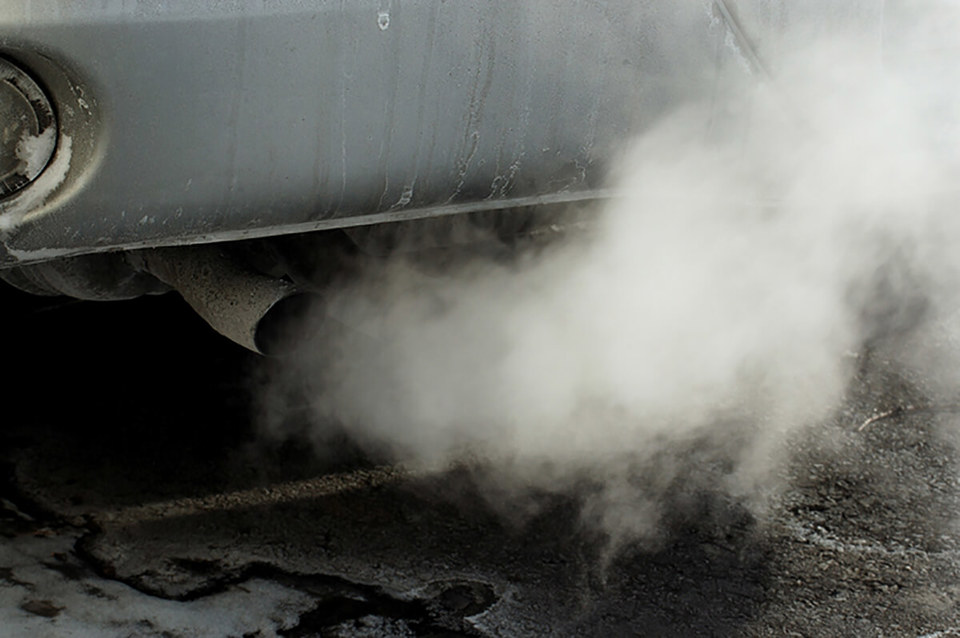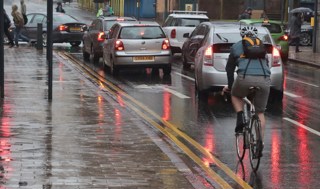Glasgow is expected to introduce Scotland’s first low emission zone (LEZ) by the end of next year.
The Scottish Government has launched a consultation into what it might involve.
The document says: "The Scottish Government’s preference would be a road access restriction scheme for LEZs.”
This is where vehicles that do not meet emission standards (or are not exempt) would incur a penalty if they entered a LEZ.
Possible penalty levels were not included in the document, but it said it would be "proportionally higher" than in LEZs in other countries where drivers of vehicles not meeting emission standards were charged less than £20 a day.
The proposed standards are Euro 4 petrol engines, introduced in 2005, and Euro 6 diesel engines for cars, taxis and vans, introduced in 2014.
Bus and lorry engines would have to be Euro VI standard, and motorbikes Euro 3.
The zones would operate round the clock and be enforced using cameras recording vehicle number plates.
There could be exemptions for blue bade holders, emergency vehicles, bin lorries, and night shift workers travelling when no public transport was available.
Edinburgh, along with Aberdeen and Dundee, could follow by Glasgow’s lead, with low emission zones introduced by 2020.
Transport Minister, Humza Yousaf said: “We have pledged to work with local authorities to introduce low emission zones in Scotland’s four biggest cities by 2020 and this is a positive step towards that vision.
“Our position is that local authorities should be ambitious, and that all vehicles including private cars should be included in a LEZ in a phased manner. Equally, low emission buses are at the heart of improving air quality and the bus sector has a key role to play.”
However, RAC spokesman Nicholas Lyes said: “Nobody doubts the need for bold decisions being made to tackle Scotland’s pollution issue in its biggest cities, however, the outlined measures could have serious financial and practical impacts on those living and working in and around these cities.
“Unlike the London Ultra-Low Emission Zone, where motorists and businesses will have had up to six years to plan and budget for necessary upgrades to their vehicles, these proposals appear to fast-track stringent restrictions with a limited ‘sunset’ or grace period for those who live or operate businesses within the proposed zones.
“Motorists accept that tough measures are essential to tackle our air quality problem however there should not be a rush to penalise them at the first opportunity.
“Focus should firstly be on establishing which vehicles are the highest polluting vehicles doing the most mileage in the most polluted areas.
“Typically in urban area these tend to be buses and taxis so there must be an urgency to clean these vehicles up first.”
The Scottish Government continues to seek views on ‘Building Scotland’s Low Emission Zones'. The consultation will run until November 28 2017.


















Ben - 23/10/2017 12:03
An exemption for bin lorries is a bit like saying do as we say but not as we do. No doubt the exemption will be extended to all government vehicles.